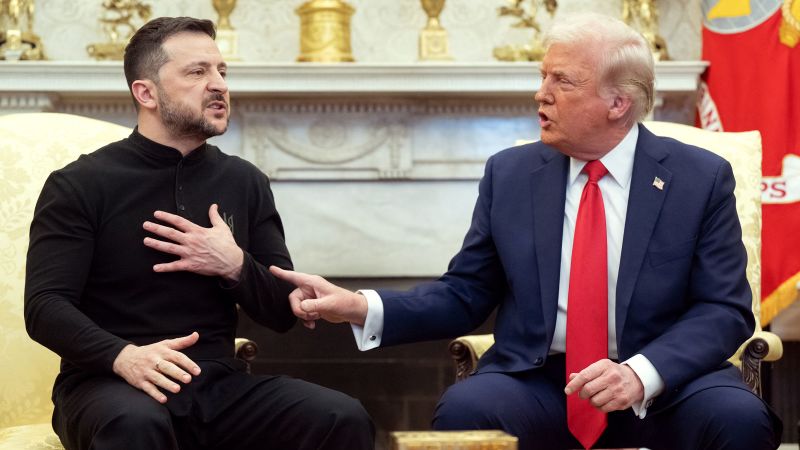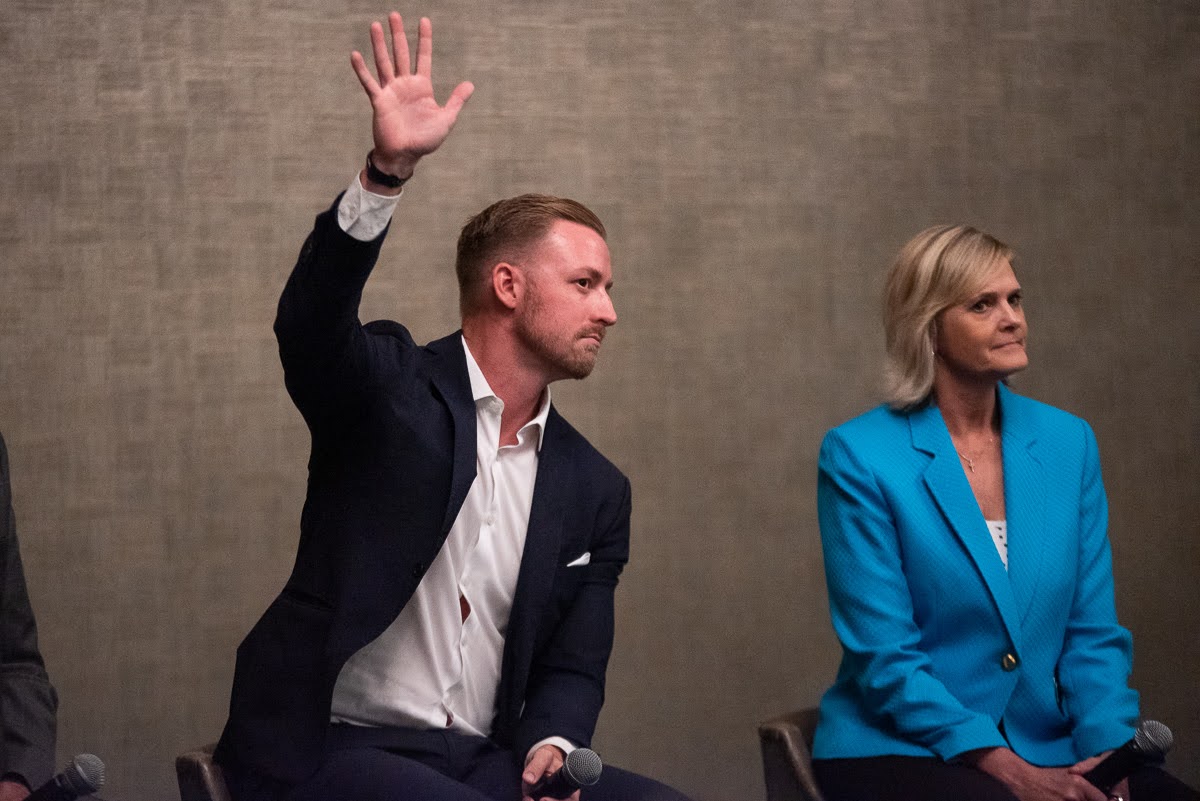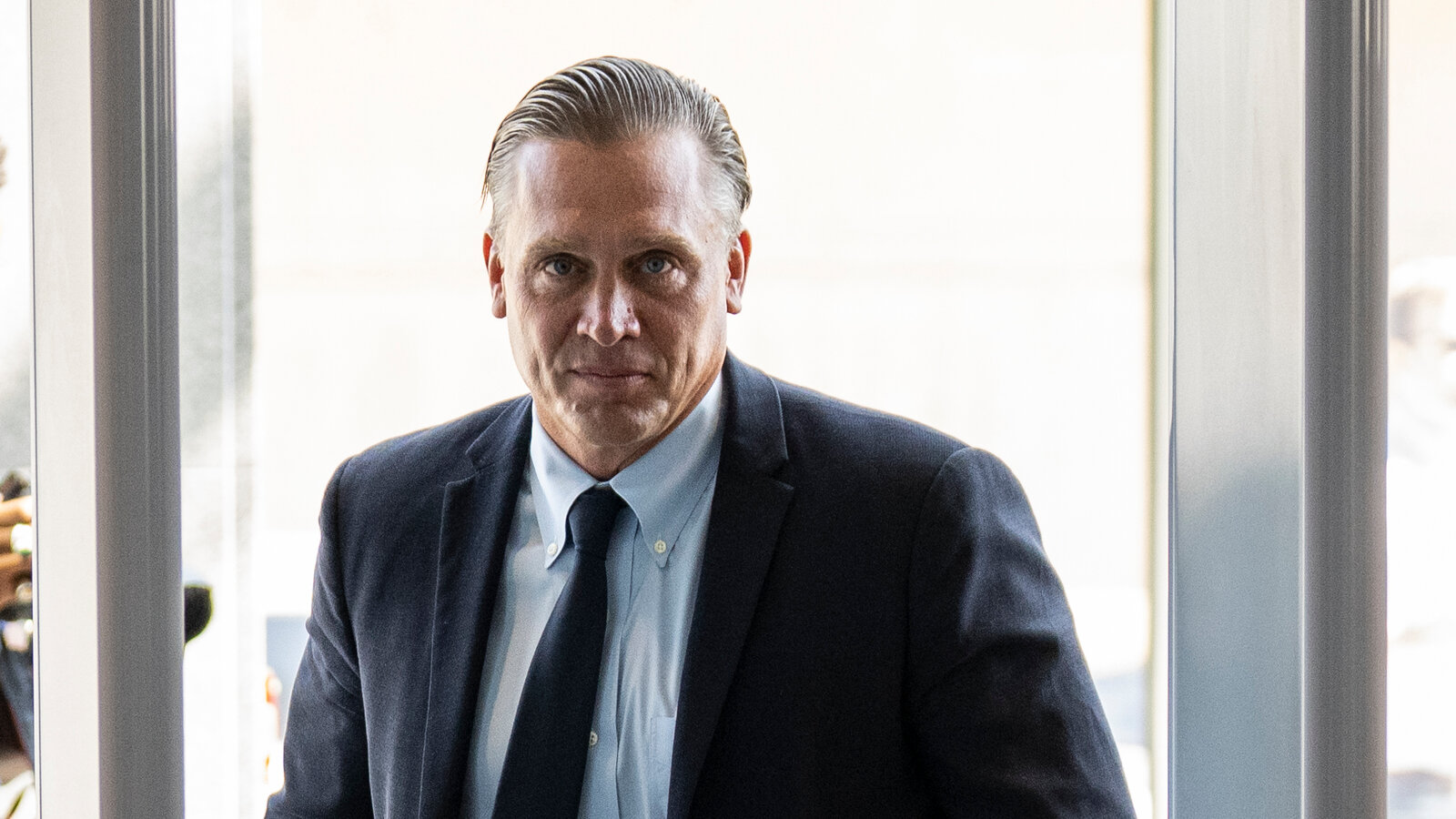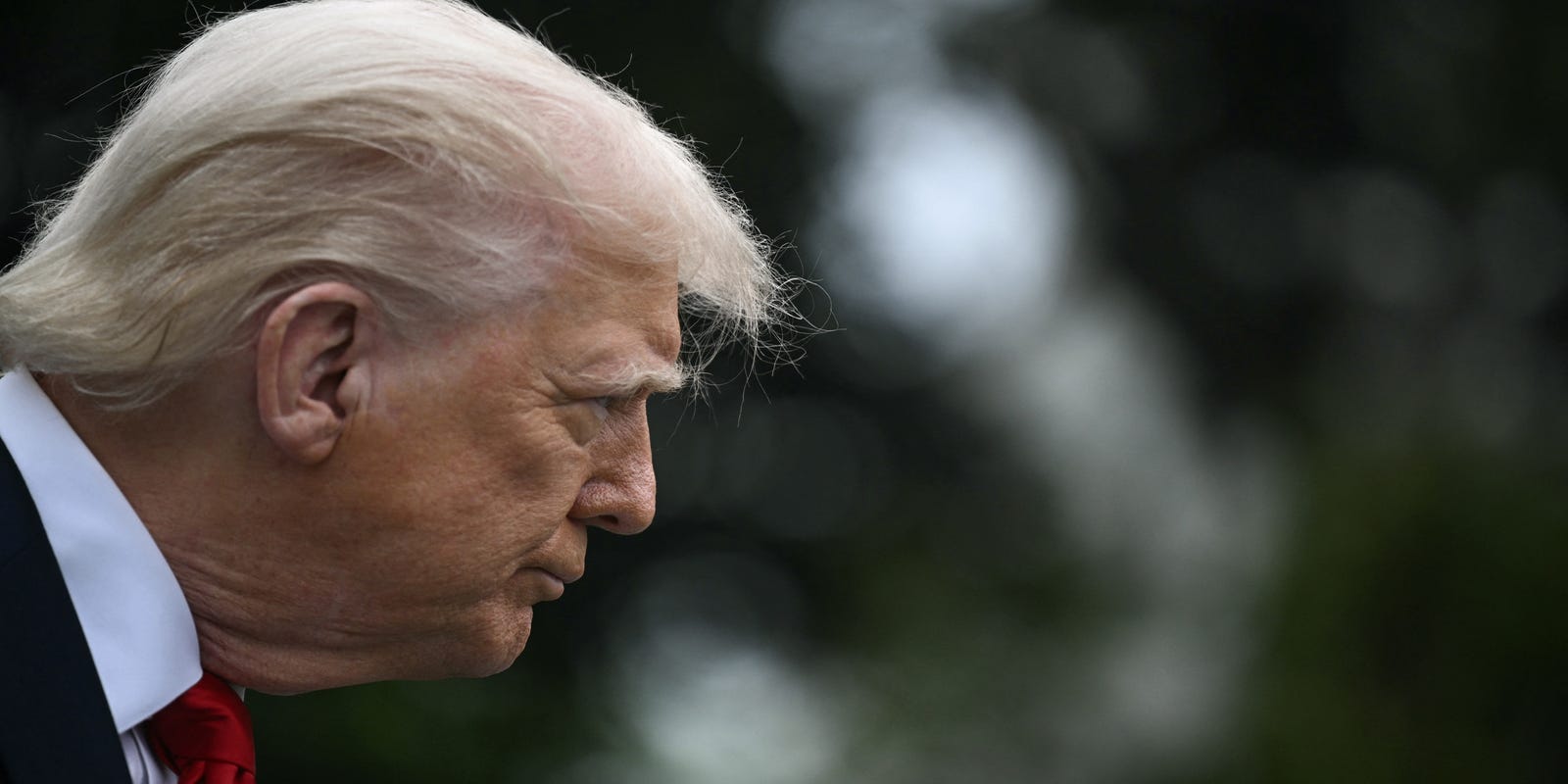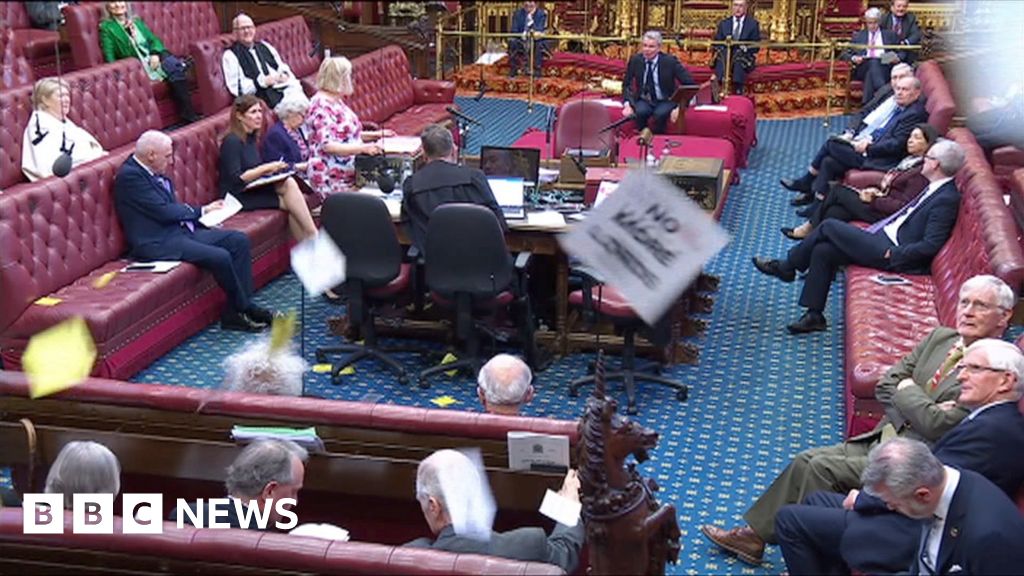Columbus Day Controversy: Trump Claims Credit for Preserving Tradition That Never Disappeared
Politics
2025-04-28 20:24:56Content
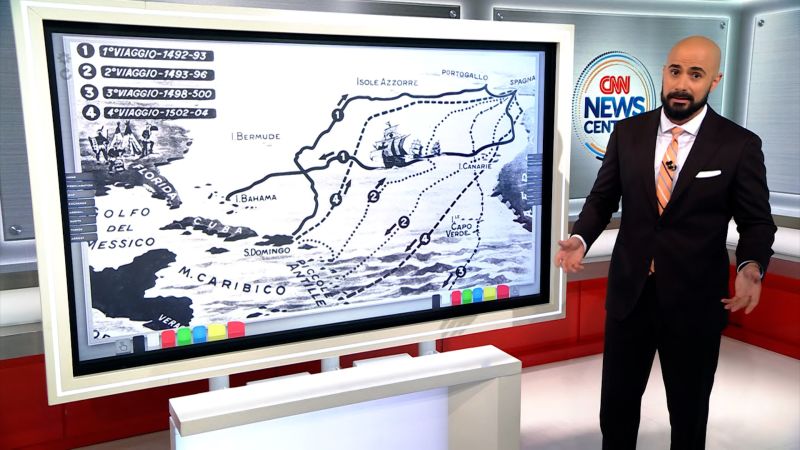
Trump's Columbus Day Claim Sparks Confusion and Historical Debate
In a recent social media post on Truth Social, former President Donald Trump declared he was "reinstating" Columbus Day, a statement that quickly raised eyebrows among historians and political commentators. The curious claim immediately prompted questions, given that Columbus Day remains an official federal holiday in the United States.
CNN's Boris Sanchez delved into the complex and controversial history behind the holiday, highlighting the ongoing national conversation about Christopher Columbus's legacy. While Trump's announcement suggested a restoration, the holiday has continuously been observed, though its significance and interpretation have evolved significantly in recent years.
Many states and cities have increasingly chosen to recognize Indigenous Peoples' Day alongside or instead of Columbus Day, reflecting a growing awareness of the devastating impact of European colonization on Native American populations. This shift represents a nuanced approach to commemorating historical narratives that acknowledges multiple perspectives.
The holiday's contentious background stems from Columbus's complicated historical role, with growing recognition of the violence and oppression that accompanied European exploration and colonization of the Americas.
Trump's post appears to be another example of political rhetoric that seems to create controversy where none fundamentally exists, drawing attention to a holiday that continues to be observed nationwide.
Unraveling the Myth: Columbus Day's Complex Legacy and Political Narrative
In the intricate tapestry of American historical commemoration, few observances spark as much debate and controversy as Columbus Day. The recent social media declaration by former President Donald Trump about "reinstating" the holiday reveals a deeper narrative about cultural identity, historical interpretation, and the ongoing struggle to reconcile national mythology with historical truth.Navigating the Turbulent Waters of Historical Remembrance
The Historical Context of Columbus Day
Christopher Columbus's voyages represent a pivotal moment in global history, marking a transformative period of intercontinental exploration and cultural collision. While traditionally celebrated as a moment of discovery, contemporary scholarship has dramatically reframed this narrative, highlighting the devastating consequences of European colonization for Indigenous populations. The complex legacy of Columbus transcends simple heroic narratives, encompassing themes of cultural destruction, systemic oppression, and the brutal mechanisms of imperial expansion. Historians have meticulously documented the profound human cost of Columbus's expeditions. Indigenous communities across the Americas experienced catastrophic population declines, systematic displacement, and cultural annihilation. These scholarly investigations challenge romanticized interpretations, revealing a nuanced understanding of historical processes that goes far beyond simplistic celebratory frameworks.Political Symbolism and Cultural Representation
The ongoing debate surrounding Columbus Day reflects broader societal tensions about historical representation and cultural memory. Political figures like Donald Trump have strategically deployed narratives about national heritage, using symbolic gestures to appeal to specific demographic constituencies. The rhetoric of "reinstating" Columbus Day suggests a deliberate political strategy aimed at invoking nostalgic interpretations of American history. Modern discussions about the holiday have increasingly centered on Indigenous perspectives, challenging traditional commemorative practices. Many municipalities and states have already transitioned to Indigenous Peoples' Day, recognizing the need to center marginalized historical experiences and promote more inclusive historical narratives.Legal and Social Transformations
The evolution of Columbus Day represents a microcosm of broader social transformations in American cultural consciousness. Legislative changes and grassroots movements have progressively reshaped official commemorative practices, reflecting growing awareness about historical injustices and systemic inequalities. Multiple states and cities have already replaced Columbus Day with Indigenous Peoples' Day, signaling a significant shift in official recognition and historical interpretation. These changes are not merely symbolic but represent substantive efforts to acknowledge historical trauma and promote more nuanced understandings of cultural interactions.Media Representation and Public Discourse
Contemporary media platforms play a crucial role in shaping public understanding of historical narratives. Social media declarations, like Trump's statement about Columbus Day, generate significant public discourse, revealing the ongoing tensions surrounding historical interpretation. Journalistic investigations and scholarly research continue to provide critical perspectives, challenging simplistic narratives and encouraging more sophisticated historical understanding. The proliferation of diverse voices and perspectives has fundamentally transformed how society engages with complex historical legacies.Global Perspectives on Colonization
The Columbus Day debate extends beyond American borders, representing a global conversation about colonial histories and their enduring impacts. International scholars and Indigenous activists have consistently highlighted the universal dimensions of colonial violence, connecting local experiences to broader transnational narratives of resistance and cultural survival. These global perspectives underscore the importance of critically examining historical narratives, recognizing the interconnected nature of colonial experiences across different geographical and cultural contexts.RELATED NEWS
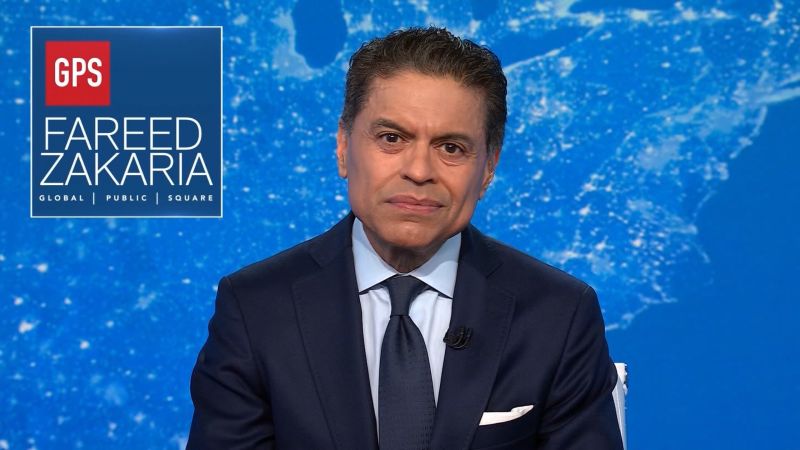
Trade Tensions Escalate: Why the US-China Economic Showdown Spells Trouble
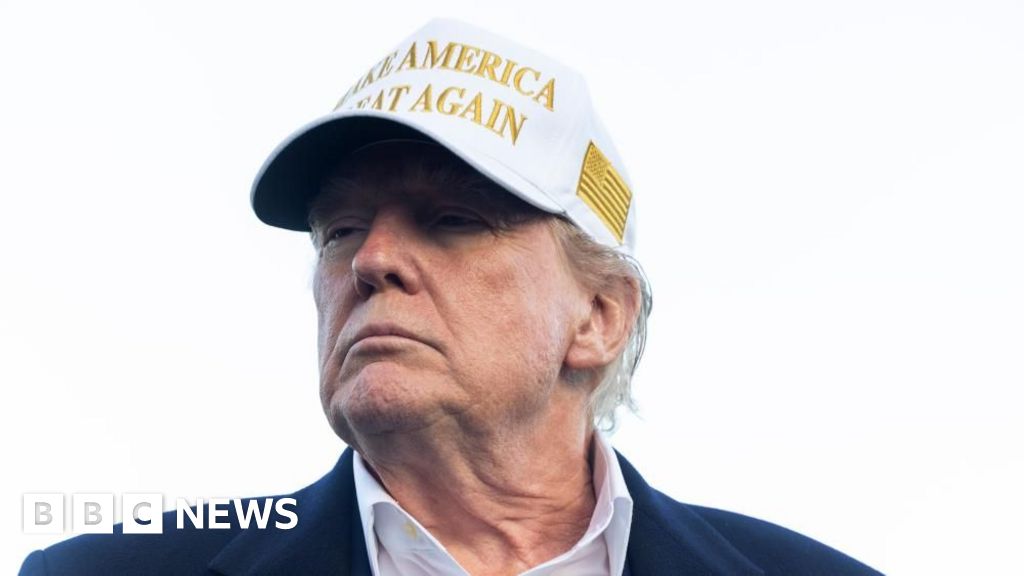
Navigating Turbulence: Trump's Bold First Moves Spark Political Minefield

